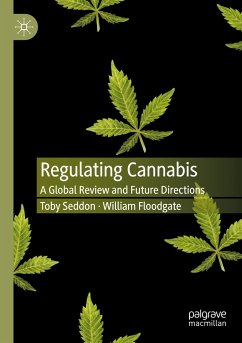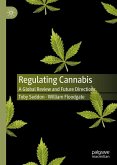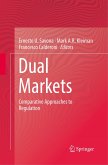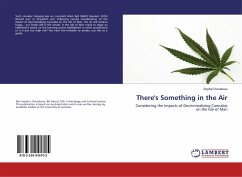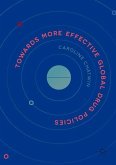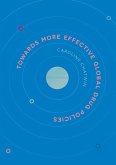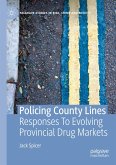This book explores one of the most pressing public policy questions for the 2020s: how should we regulate cannabis? The global cannabis prohibition regime is fragmenting as more countries experiment with decriminalization and legalization, and this book aims to make sense of this rapidly changing world. The 'cannabis challenge' is complex. How do we balance creating a potentially lucrative legal cannabis industry with protecting public health? How do we hardwire social and racial justice into our reform initiatives? How do we build a cannabis trade that is environmentally sustainable? The book seeks to make sense of our present through a state-of-the-art global review of cannabis law reform initiatives - mapping what has been done, where, and with what impacts. It attempts to generate new ideas for the future of cannabis regulation by viewing it through the lens of business regulation and learning lessons from how other consumer products are regulated.
Bitte wählen Sie Ihr Anliegen aus.
Rechnungen
Retourenschein anfordern
Bestellstatus
Storno

